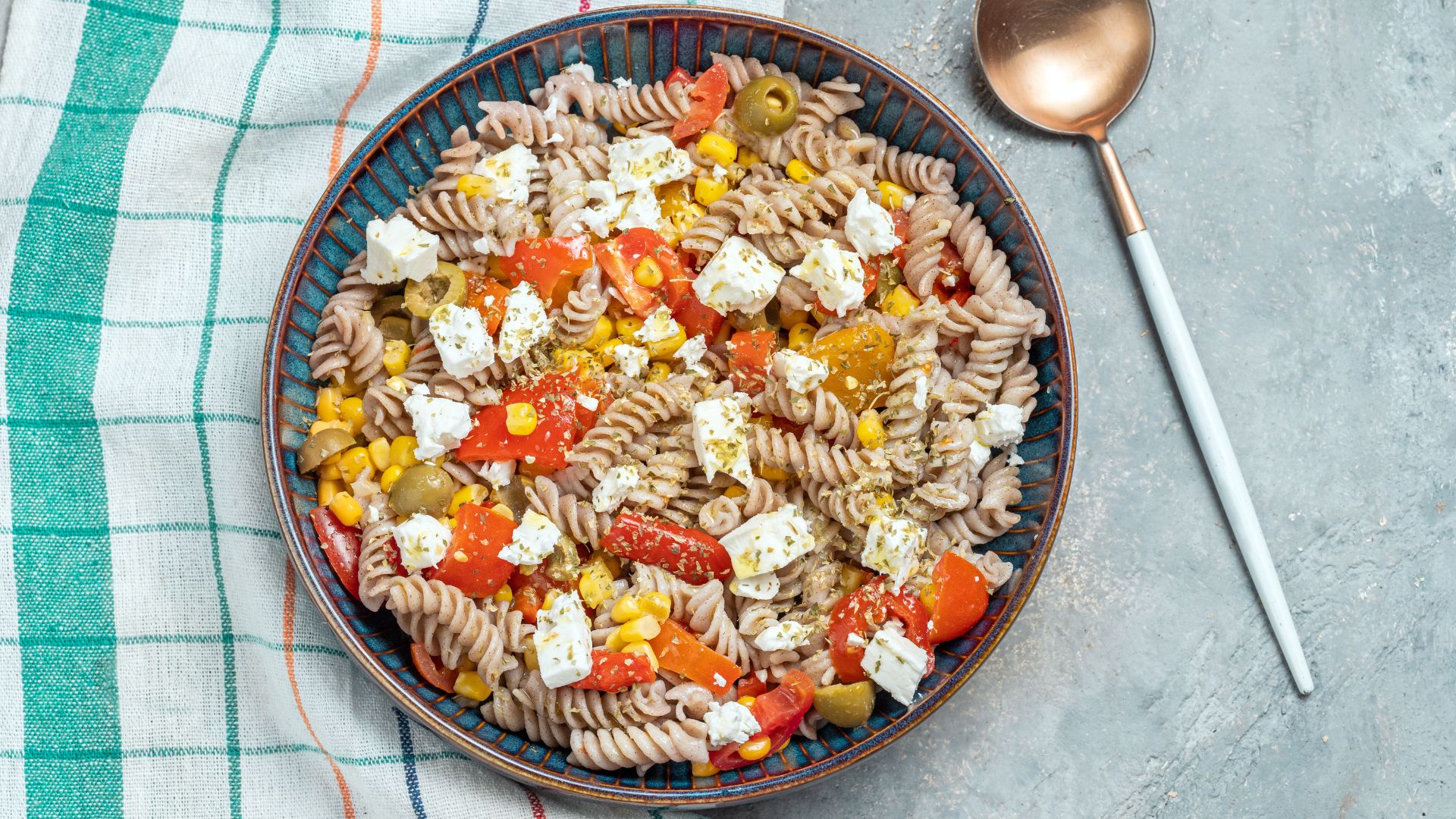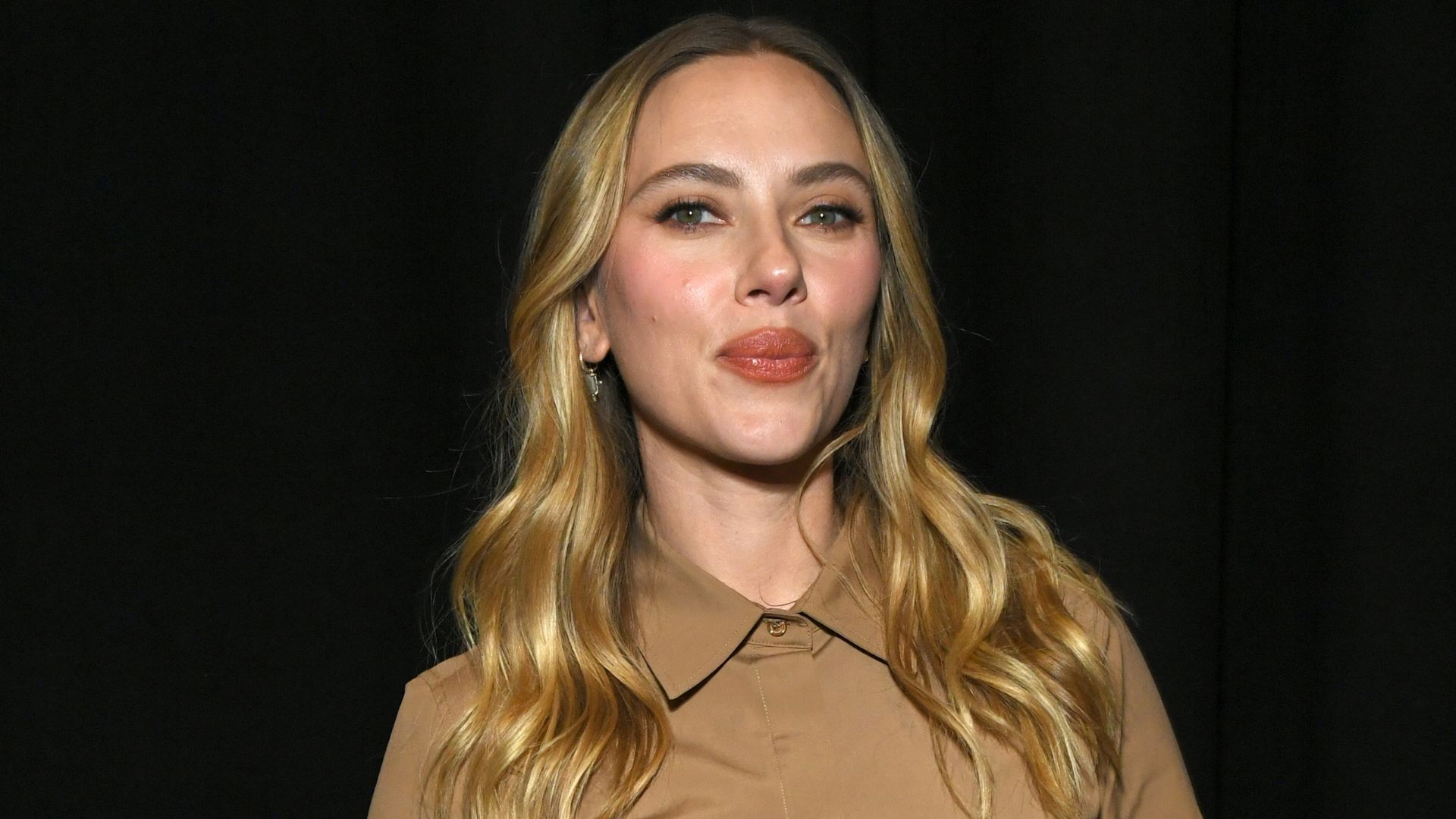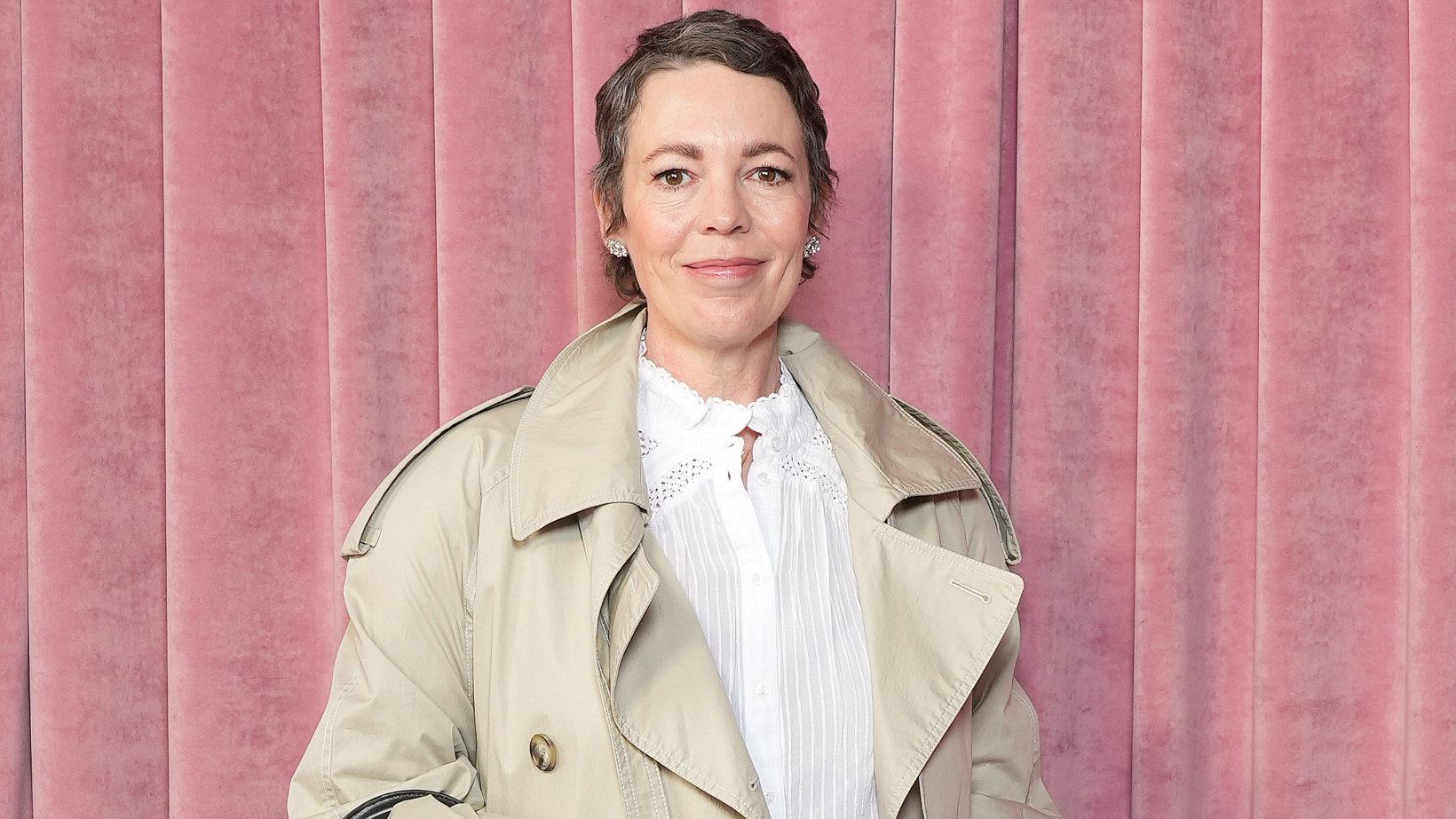Why am I not losing weight in a calorie deficit? Nutritionists explain
Experts explain why you're not losing weight in a calorie deficit and how to fix it


Why am I not losing weight in a calorie deficit? It's a common question for those who've been trying to lose weight for a while - and a frustrating one. Regardless of your reasons for wanting to lose weight, not being able to see results when it feels like you've been putting in the work is demotivating, to say the least.
The essential equation for weight loss is calories in versus calories out. You need to burn more than you consume every day to lose weight. However, our bodies are a little more complicated than this and programmed to avoid weight loss wherever possible. Alongside the fact that everyone's body will react differently to food and exercise based on a whole number of factors, it's a recipe for complications.
No one should be pressured into losing weight if they don't want to and it's important to seek medical advice if you are looking to make some lifestyle changes. It's also totally valid if you do want to learn how to lose weight sustainably. For those interested, here, woman&home speaks to two certified nutritionists about the common weight loss mistakes we make when trying to stick to a calorie deficit to lose weight, plus what you can do to solve them and get back on track.
Why am I not losing weight in a calorie deficit?
1. You're not in a calorie deficit anymore
MyFitnessPal, or one of the other top calorie counter apps, might be telling you you're in a calorie deficit but if you've stopped seeing changes, chances are you've hit a weight loss plateau. When we lose weight, our bodies adapt and require fewer calories to complete the same routine functions like eating, breathing, and sleeping. So, your deficit needs to change too.
As nutritionist Rebecca Williams explains, "Following a period of energy restriction like a calorie deficit, the body can employ several natural mechanisms to adapt and preserve energy, such as a change in metabolic rate, hormonal changes, and alterations in hunger. All of these make weight loss difficult."
Alongside a change in your metabolic rate, which would mean you require fewer calories to function day-to-day, you might find yourself hungrier than you were before and less likely to resist the foods you enjoy.
"In other words, if we're just looking at the numbers, the daily calories that would have resulted in a calorie deficit at the start of a 'diet' may have changed a few weeks or months in," says Williams, who is also the senior nutrition manager at Huel. "The proverbial goalposts have been shifted."
Sign up for the woman&home newsletter
Sign up to our free daily email for the latest royal and entertainment news, interesting opinion, expert advice on styling and beauty trends, and no-nonsense guides to the health and wellness questions you want answered.
2. Your calorie deficit is too large
That being said, your deficit could be totally fine and you may not have hit a plateau just yet. You may just be struggling to stick to the deficit, nutritionist Signe Svanfeldt says, because it's too big.
"Being on too large an energy deficit is quite common as people think they reach their goal weight faster by being so," she says. "However, that's rarely the case. This often leads to extreme hunger, which also leads to a lack of energy and overeating in many cases."

3. Your eating habits are too restrictive
Equally, if you've completely removed certain food groups from your diet during this process, it could be the reason why you're not losing weight in a calorie deficit. "Excluding certain foods or nutrients, such as carbohydrates, is a common thing for those who want to lose weight. But again, it's rarely sustainable and often leads to the opposite effect [and you'll eat more of them to compensate]. Having a balanced diet that includes nutritious foods you enjoy is the key to sustainable weight loss," says Svanfeldt, who is also the resident nutritionist at healthy eating app Lifesum, one of our tried and tested best health apps.
"If you want a sustainable, healthy weight loss journey, you should aim to eat a balanced, varied diet high in nutrient-rich foods such as whole grains, vegetables, lean protein, nuts, and seeds," she says.
This will work two-fold as you'll be eating the foods you're more likely to enjoy (does anyone really like low-carb bread?) which means you're less likely to binge later on. Plus, you'll stay fuller for longer and be less likely to snack and add to your total calorie consumption for the day, with research from Purdue University showing that high-fiber foods like whole grains and lean proteins are two of the most filling nutrients. You might also want to check out one of the many ways to lose weight without dieting at all if you're struggling with restriction.
4. You're changing too many habits at the same time
Changing too many habits at the same time could be keeping you dieting but not losing weight, explains Svanfeldt. "Many people believe that they need to drastically change their diet and workout routine at the same time, but this often leads to people feeling overwhelmed." And ultimately, very tired. If you've not been used to a eating plan of salads and whole grains, doing daily workouts, and getting your step count up, switching to all of this at once is going to take a toll on your body and mean you're less likely to be able to do it. "Instead, try to incorporate new habits slowly at a sustainable pace and take it step by step," she says.
It's also important to remember that weight loss is as much of a mental process as a physical one. For example, those struggling with stress, research from the University of Athens shows, are much less likely to be able to lose weight than those who aren't. Food is a natural source of comfort and the spike in cortisol coursing through our bodies will mean high-calorie, high-sugar, and high-saturated-fat foods appeal more. They're often also the more convenient foods to have out and about.
5. You need to move more
Exercise is essential for so many reasons other than weight loss. It helps to improve our cardiovascular, brain, and mental health, for example. However, when it comes to burning calories, you'll find that simply moving more through the day - like taking the stairs rather than an elevator - works wonders.
"Eating fewer calories is still only one half of the equation," says Williams. "As well as adding or increasing exercise into your routine, maximize on the small accumulative non-exercise activity thermogenesis (NEAT) wins like standing at a desk instead of sitting, or taking the stairs," she says.
Increasing how many calories you burn through NEAT may also be more effective than exercise as you won't become as tired easily. While you may not be able to do strength training every day or head out for a 6.2-mile run, you might be able to take the dog out for an extra stroll.

6. You're relying too much on exercise
However, exercise isn't the be-all-and-end-all to weight loss. If you've decided that you mainly want to stick to a calorie deficit through exercise, rather than reducing your calorie intake, you may have to rethink your strategy. Many people struggle with working out but not losing weight as they often overestimate how many calories they burn through exercise.
For example, a study by the University of Ottawa asked participants to predict the number of calories they'd burned during a treadmill exercise similar to the 12-3-30 workout and then eat the equivalent in calories afterward. On the whole, participants had overestimated their burn by about 500 calories.
Even the best Fitbits will struggle to give you an accurate result as they base the number on several factors which are prone to changing - like your weight - and sometimes not possible to measure - like your fitness levels. The fitter you become through exercise, the fewer calories you'll burn during a workout.
Is a calorie deficit the only way to lose weight?
Yes, a calorie deficit is the only way to lose weight, explains nutritionist Williams. "Although there are many nuances when it comes to how to lose body weight, to shed some pounds you have to be in this energy deficit. Your body is using more energy to perform all of its necessary functions, known as the basal metabolic rate [BMR], such as keeping your heart beating, plus any additional activities like exercise, than it’s taking in in the form of calories from food or drink."
When we start consuming fewer calories than we eat every day, "we'll then start using stored fat as energy, which eventually leads to weight loss," says Svanfeldt.
However, as Williams points out, there are several ways to get into a calorie deficit. Diets, such as the keto diet or intermittent fasting, are often promoted as guaranteed weight loss plans but they're actually just different ways to achieve the deficit. If you're on the 16:8 diet and only eating from lunchtime, for instance, you'll miss the calories from breakfast and this could end up being the 500 calories that pushes you into your loss.
"For instance, the typical female requires roughly 2000 calories per day. If 1500 calories are ingested from food or drink then the calorie deficit would be 500," she adds.

Grace Walsh is woman&home's Health Channel Editor, working across the areas of fitness, nutrition, sleep, mental health, relationships, and sex. She is also a qualified fitness instructor. In 2025, she will be taking on her third marathon in Brighton, completing her first ultra marathon, and qualifying as a certified personal trainer and nutrition coach.
A digital journalist with over seven years experience as a writer and editor for UK publications, Grace has covered (almost) everything in the world of health and wellbeing with bylines in Cosmopolitan, Red, The i Paper, GoodtoKnow, and more.
-
 Scarlett Johansson's fisherman sandals are the only shoes that matter this spring
Scarlett Johansson's fisherman sandals are the only shoes that matter this springShe wore socks and sandals in the chicest way possible
By Caroline Parr Published
-
 Yes, a trench coat really is a spring essential - Olivia Colman’s longline one completes a jeans and white top outfit in style
Yes, a trench coat really is a spring essential - Olivia Colman’s longline one completes a jeans and white top outfit in styleRegardless of how you style a trench coat, we’re convinced that they’re something everyone should have in their wardrobe for spring.
By Emma Shacklock Published